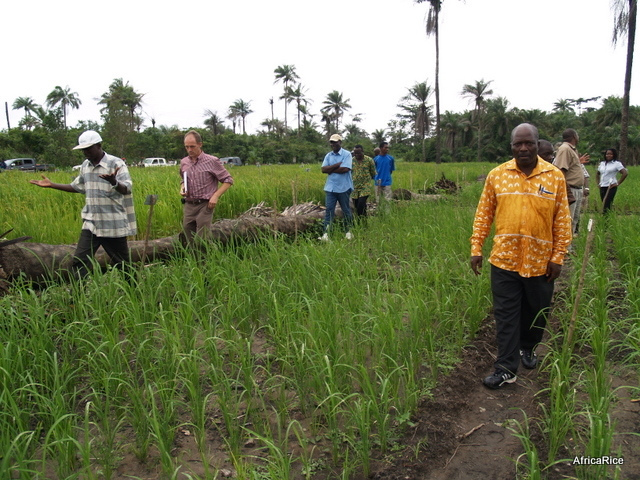By: Jan Piotrowski
Send to a friend
The details you provide on this page will not be used to send unsolicited email, and will not be sold to a 3rd party. See privacy policy.
[VIENNA] Organisations that fund agricultural research for development often see initiatives that work with local expertise as unscientific, and this pervasive view is stifling collaboration with other development actors, experts say.
Working with local farmers, NGOs and civil society is vital to ensure that advances in ‘hard science’ truly boost development, attendees of the first annual meeting of Agrinatura — an alliance of European institutions that work on agricultural research for development — heard last week (5-7 May) in Austria. Some said funders should do more to support such efforts.
According to Torsten Berg, a developmental geographer from Aarhus University, Denmark, who moderated a session on interdisciplinary research, there is a disconnect between what funders request and how they actually assess projects.
On the surface, calls for research proposals in the field of agricultural research for development encourage capacity building and community engagement, yet funder’s peer reviewers and assessment boards often see these aspects as detrimental, Berg told SciDev.Net at the event.
This is, he believes, because a significant body of scientists, who ultimately influence decisions as peer reviewers or members of funding review boards, still prize research that produces quantitative data and stays within a narrow discipline.
Qualitative data, from collaborations with local knowledge or social sciences for example, holds little weight in this empirically dominated view, he said.
Problems of legitimacy are further compounded by top journals’ resistance to publishing ‘soft science’, which discourages funders looking for the greatest impact for their money, he added.
As one speaker pointed out during the meeting, simple, one-dimensional approaches to research may suit agribusinesses, whose preference for monocultures makes it easier to apply such evaluations. But once smallholder farms — that produce up to 80 per cent of food in Asia and Sub-Saharan Africa — are considered, a broader approach becomes necessary to make sure research is relevant to their situation.
And for this, said Berg, multistakeholder collaboration is the best solution.
In the rush to see their money “serve a purpose”, funders regularly overlook proposals that bring in other stakeholders and examine a range of issues, agreed Lise Andreasen, a project coordinator at the International Centre for Research in Organic Food Systems in Denmark.
The “very rigid system” leaves little room to move away from core research questions of each individual project, marginalising research that seeks to set its analysis in wider contexts, she said.
Though she added that, with a growing body of scientists appreciating the value of multistakeholder projects, she is hopeful that funders will soon adapt.














